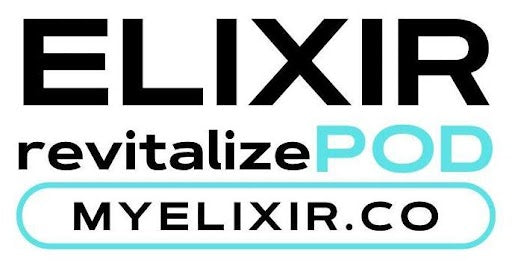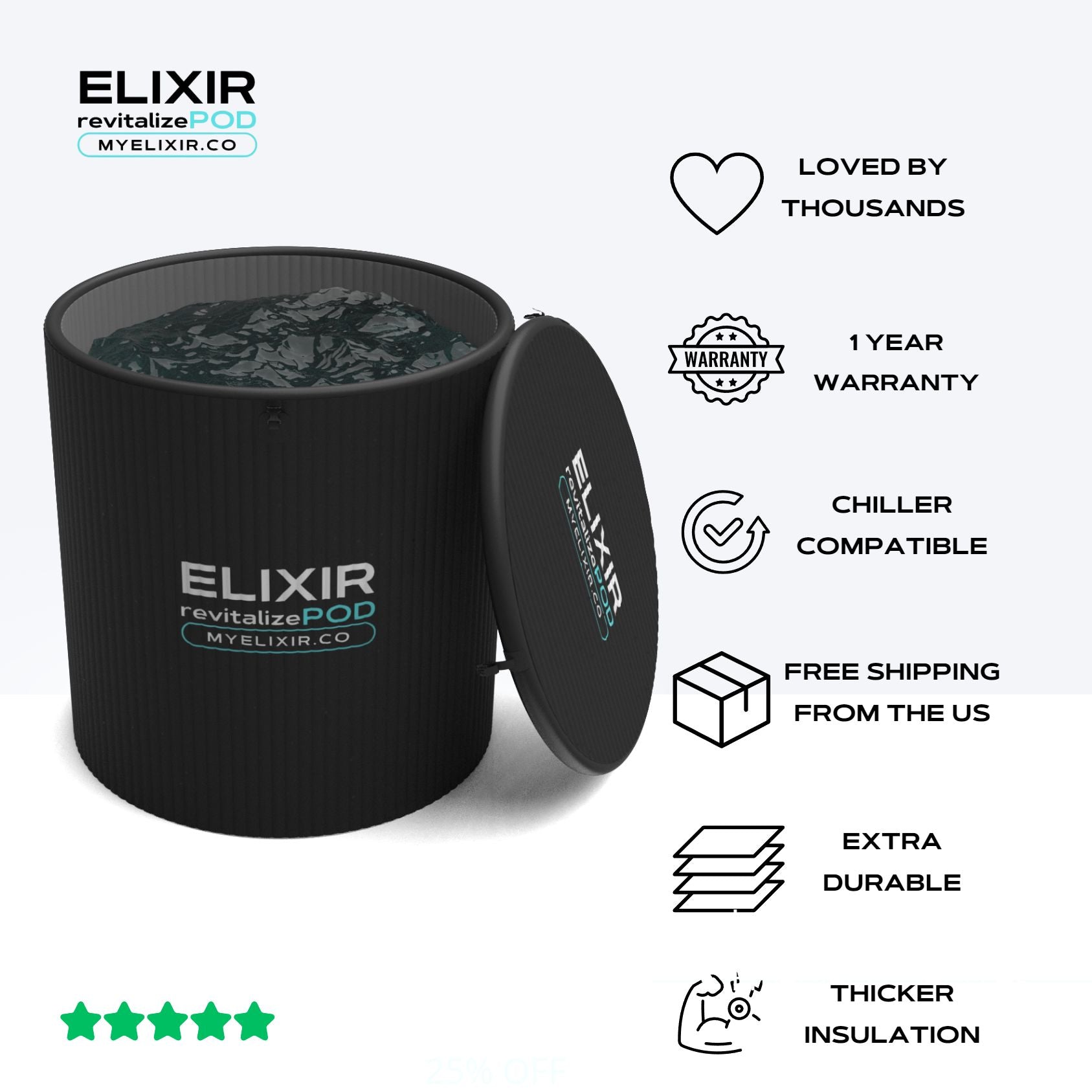Saunas have grown in popularity across the UK and beyond, with more people exploring their benefits beyond just a way to unwind. Whether you’re a gym-goer, a busy professional, or simply looking for a way to support your overall health, regular sauna sessions can offer wide ranging benefits.
But who exactly can use saunas—and what do they do for different age groups?
Why Saunas Are Good for You
Spending just 15-20 minutes in a sauna raises your body temperature, promoting better blood flow and encouraging the body to sweat. This natural process helps with detoxification, supports cardiovascular health, improves mental well-being, and aids muscle recovery. These effects are present whether you're in a traditional steam sauna or using a home infrared sauna or portable sauna.
Sauna Benefits by Age Group
Young Adults (18–35 years)
This group can benefit from saunas most for muscle recovery, mental clarity, and stress relief. Regular sauna sessions help reduce inflammation from exercise and offer a break from daily digital overload. For athletes and active individuals, sauna use also helps reduce muscle soreness and improves recovery time.
Middle-Aged Adults (35–60 years)
For this age range, the cardiovascular benefits of sauna use are particularly valuable. Sauna heat helps to lower blood pressure, improve circulation, and support heart health. It's also a great stress reliever—especially for busy professionals or parents juggling responsibilities. For those working from home, a home sauna or portable sauna can be a convenient way to unwind and recharge.
Seniors (60+)
Older adults can still enjoy saunas safely, especially infrared saunas, which operate at lower temperatures and are easier on the body. For this group, sauna use can support joint mobility, ease chronic pain, and improve sleep quality. Always consult a doctor first, especially for those with underlying health conditions like heart problems or low blood pressure.
Children & Teens (Under 18)
Sauna use for kids is a bit more nuanced. Short, supervised sessions (typically no longer than 5–10 minutes) can be beneficial for teens, especially those involved in sports. However, children under 12 should avoid high-heat saunas unless specifically recommended by a healthcare provider. Portable infrared saunas at home may be a gentler alternative for young people.
Mental Health and Relaxation
One of the most immediate and noticeable effects of sauna use is mental calm. The heat encourages the body to release endorphins, reducing stress and promoting a better mood. It’s a moment of stillness that many of us rarely make time for—and it can have a lasting impact on mental wellness.
Skin and Immune System Support
Sweating in a sauna helps unclog pores and shed dead skin cells, leaving your skin feeling refreshed. At the same time, saunas help stimulate white blood cell production, giving your immune system a natural boost.
Final Thoughts
Saunas are not just a luxury—they’re a simple, science-backed way to support physical and mental health across generations. Whether you're using a portable sauna at home, recovering after a gym session, or taking a break from a long day, saunas offer benefits that everyone can enjoy.



